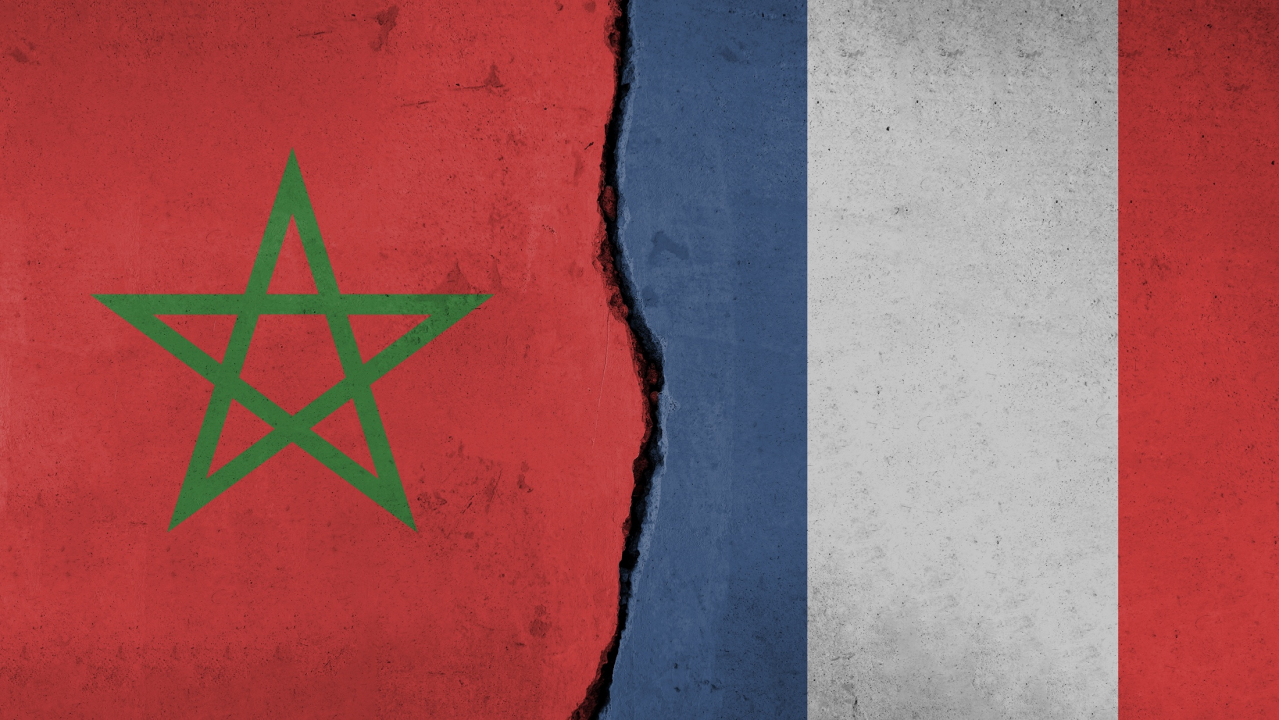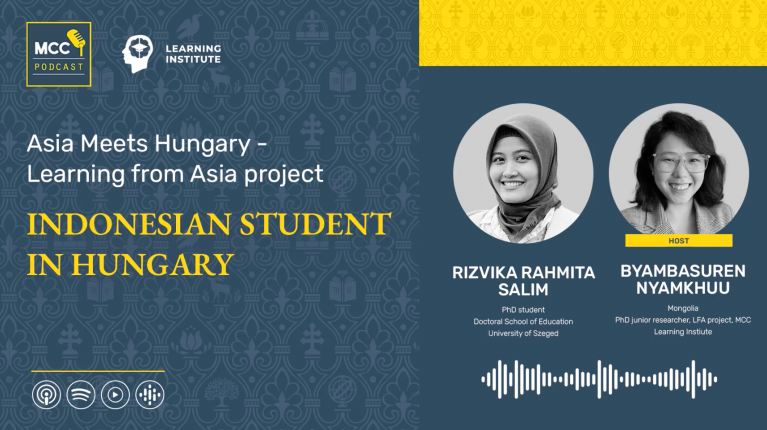The main issue of contention between Morocco and Algeria is the status of the Western Sahara region. Rabat demands sovereignty over this territory, while Algiers wants independence and supports the Polisario Front movement, which is acting against Rabat's objectives.
While Paris supported the Moroccan plan for Western Sahara in 2007, it has subsequently turned its back on it, which has been one of the main reasons for the estrangement between France and Morocco seen in recent years. During his visit to Morocco in 2024, the French Foreign Minister expressed his support for Rabat on this issue, a significant step towards the recognition of Morocco's sovereignty over Western Sahara.
Announcement of French investments
There are already concrete signs of this turnaround, with France announcing joint investments with Morocco in Western Sahara: "We recognise that Morocco is developing this area economically. Morocco has shown that it is economically viable in Morocco. We will involve state actors to develop it with them. Then, as far as the diplomatic issue is concerned, it will be managed and settled between the two Heads of State," said French Foreign Minister Stéphane Séjourné at the beginning of April.
The Moroccan press speaks of French public financing of private projects in the southern provinces, carried out by players such as Proparco and Bpifrance. This information was confirmed by the French Minister of Foreign Trade, Franck Riester, who announced that Proparco, a subsidiary of the French Development Agency, could contribute to the financing of the high-voltage line between Dakhla [the largest city in Western Sahara] and Casablanca. Other projects are also in the pipeline, notably the construction of pipelines to Europe via Morocco.
Why this convergence?
Firstly, because Paris had to admit that its attempts at rapprochement with Algeria had failed. Although France has made every effort to reach out to the Algerians, memories of historic feuds seem to be driving a wedge between the French and Algerians, preventing reconciliation now and probably for years to come. The same painful memories of the past with the French, however, do not exist in the case of Morocco, whose disputes with France are more due to recent issues (suspected espionage against French leaders, the purchase of Russian nuclear technology and Israeli weapons that undermine France's position, etc.) These are undoubtedly tensions, but they are not rooted in decades-old conflicts, unlike Algeria, which makes no secret of its lobbying within the French state structures through its dual nationals. This is a practice that Morocco does not engage in.
On the other hand, Morocco, where France is still the leading foreign investor, is also much more important and in a much more interesting strategic position than Algeria. The Moroccan port complex of Tangier Med, in the Strait of Gibraltar, is Africa's leading port and the main commercial gateway to the African continent. Morocco has a genuine French economic and industrial fabric, particularly in the textile and automobile sectors.
A diplomatic blitz
The second half of April will be dominated by visits to Morocco by French government ministers Rachida Dati, Bruno Le Maire and Gérald Darmanin. The latter, who has been in charge of home affairs for almost three years, is visiting Morocco for the first time as a minister. The two countries have a lot to do together in the fields of security, immigration and intelligence. The last few years of Franco-Moroccan relations have not borne fruit on these issues, so April 2024 could be the start of a new chapter.
Diplomatic exchanges are also intensifying in the field of education: the Mohammed VI Polytechnique University of Morocco (UM6P) has chosen Paris to open its first campus abroad. It covers a range of issues, including teaching programs, economic development and visa policy. The potential for cooperation is far more advanced than France could ever have expected from Algeria. In fact, it is questionable for France whether Algeria can even be considered as a country to be trusted. According to Xavier Driencourt, former French ambassador to Algeria (2008-2012 and 2017-2020), Algeria has no desire to cooperate withFrance. Driencourt also claims that the Algerian army has always been in collusion with the Islamists and that their plan is clearly to squeeze French influence out of the region.
Algiers is outraged
France and Morocco have long been the target of the Algerian press, but in recent weeks the tone has become even more strident, with Rabat and Paris becoming veritable bêtes noires, accused of everything they say.
The main question is what impact this Franco-Moroccan rapprochement will have on relations between France and Algeria. Early elections are due to be held in Algeria on 7 September, and President Abdelmadjid Tebboune is due to pay an official visit to France before then, but nothing is certain. In fact, it is not entirely certain that a new and lasting chapter will be opened between France and Morocco, but the diplomatic, political and economic signs are unanimous and point in that direction.
International context
Algeria has been a key ally of Russia in Africa since its independence in 1962. But this is changing, and relations between Algiers and Moscow are not as good as they used to be. Russia is also becoming less enthusiastic about providing Algeria with arms, while Moscow has not supported Algeria’s BRICS bid. Algeria is becoming a less reliable ally in Moscow's eyes. After decades of failing to use its oil and gas mania to achieve genuine independence, Algeria is now dependent in many areas and, above all, is on the road to diplomatic isolation.
In contrast, Morocco has always played on several fronts, pursuing a pragmatic and more balanced international policy. In some sectors, notably agriculture, Russia has a strong presence, but Rabat also has quite good relations with the United States and Israel, which is increasingly rare for an Arab country in the current situation. Tensions have of course been felt since 7 October 2023, but Rabat and Tel Aviv have not questioned their strategic partnership, especially in the field of security. Morocco and Israel resumed diplomatic relations on 22 December 2020 in the framework of the trilateral Morocco-US-Israel agreement, and Washington recognised Morocco's sovereignty over Western Sahara.
France's apparent choice of Morocco over Algeria is a step on the road to a balance based on concrete strategic and economic projects, opening up an area of cooperation that it has never managed to establish with Algeria, mainly because naive attempts at reconciliation, fuelled by ideologies and doomed to failure, have defined relations between the two countries.









